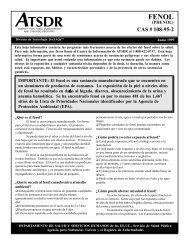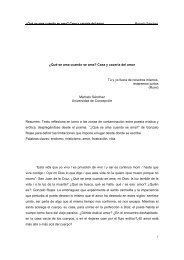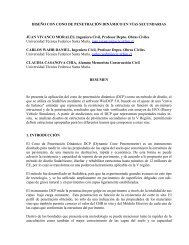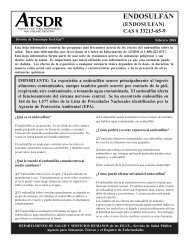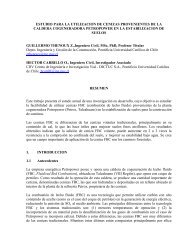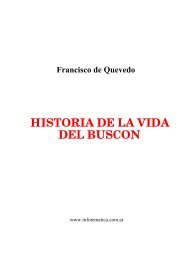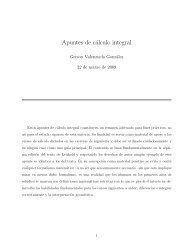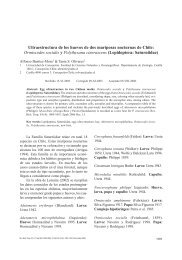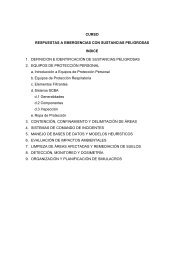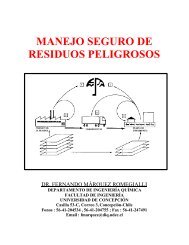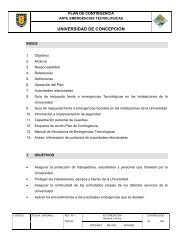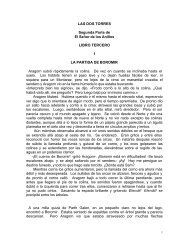Beer : Health and Nutrition
Beer : Health and Nutrition
Beer : Health and Nutrition
Create successful ePaper yourself
Turn your PDF publications into a flip-book with our unique Google optimized e-Paper software.
5 The Composition of <strong>Beer</strong> in Relation to<br />
<strong>Nutrition</strong> <strong>and</strong> <strong>Health</strong><br />
In Chapter 2 we encountered the changing opinions on the importance of beer as part<br />
of the diet. Seemingly on Captain Cook’s ships beer contributed as many calories to<br />
the sailors’ diets as biscuits (bread) <strong>and</strong> meat combined (Feeney 1997). Of course this a<br />
priori signi cance of beer is tilted rather differently nowadays; however, beer can still<br />
offer signi cant contributions to the diet, quite apart from its role as a thirst quencher<br />
<strong>and</strong> substantial contribution to the holistic dining experience.<br />
Norris (1946) <strong>and</strong> Stringer (1946) contributed some of the earliest <strong>and</strong> most authoritative<br />
assessments of the worth of beer to the adult diet. These papers were based on<br />
presentations to a joint meeting of the Institute of Brewing <strong>and</strong> the <strong>Nutrition</strong> Panel of<br />
the Society of Chemical Industry in December 1945. World War II had just concluded<br />
<strong>and</strong> Norris observed that:<br />
… there has been great activity on the nutrition front, largely as a result of the<br />
stress of war, <strong>and</strong> it is not unpro table to examine the position in regard to beer<br />
in the light of recently acquired knowledge of dietary requirements …<br />
Norris (1946)<br />
In the discussion recorded after that meeting, which was held at the historic Horse<br />
Shoe Hotel on Tottenham Court Road, Dr S.K. Kon was moved to offer his opinions,<br />
recorded as follows:<br />
The two papers had underlined the nutritional importance of fermented beverages<br />
for a civilian community in war. He believed it was an open secret that when Dr<br />
Sydenstricker came here from the United States, in 1941, when nutritional problems<br />
were very dif cult, he found much less de ciency disease than was expected, <strong>and</strong><br />
there seemed little doubt that the explanation, or part explanation, was the riboavin<br />
<strong>and</strong> nicotinic acid intake from beer, <strong>and</strong> possibly from tea. In that way this<br />
country seemed to have solved one or two nutritional problems more satisfactorily<br />
than the otherwise more fortunate USA. But the importance of beer becomes even<br />
greater when the nutrition is considered of the more primitive natives such as those<br />
of Africa. From the studies carried out there recently it would really seem that the<br />
local fermented native beer may be at times almost the sheet anchor of nutrition.



